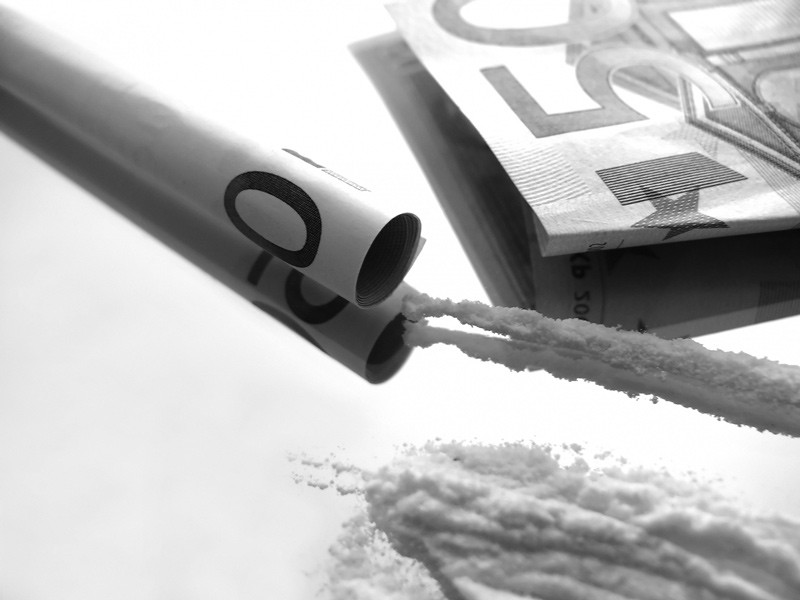Cocaine can hijack the brain.
Once taken, recovery for a user is a long and difficult road, with life threatening risks and ruined social interactions hindering their ability to stop taking the drug. Research from the University of Malta has now revealed a possible explanation for cocaine relapse.Around the world, 21 million people take cocaine. Unfortunately, even one-time or occasional users can become addicts. This makes recovery a lengthy lifelong process with numerous challenges. Regardless of how tough a user is or how hard they try, relapsing after detoxification or rehabilitation always remains a sombre possibility.
To discover why cocaine addicts are prone to relapse, Roderick Spiteri (supervised by Prof. Richard Muscat) compared 19 cocaine users to 19 average individuals. Using methods developed in Bordeaux, both groups were tested on their ability to filter out useful information from a torrent of noise. For people to function they need to extract information by blocking irrelevant clatter. This prevents sensory and cognitive overload. When an individual attempts to deal with too much information it leads to errors and poor choices.
The research shows how cocaine users lose their ability to block irrelevant information that leads to cognitive overload. This is like a virus causing a computer system to crash, leaving only one choice: restart. Sadly, the same cannot be done for a cocaine addict. Cognitive overload leads to an inability to choose, usually leading to bad decisions. Integrating this new knowledge to psychological treatments like cognitive behavioural therapy might help addicts on the long road of recovery and social integration. If everyday situations are likely to overwhelm a cocaine user’s brain, they may need more frequent breaks between tasks in order to cope. •
This research was performed as part of a Masters in Biomedical Science from the Faculty of Medicine & Surgery.





Comments are closed for this article!